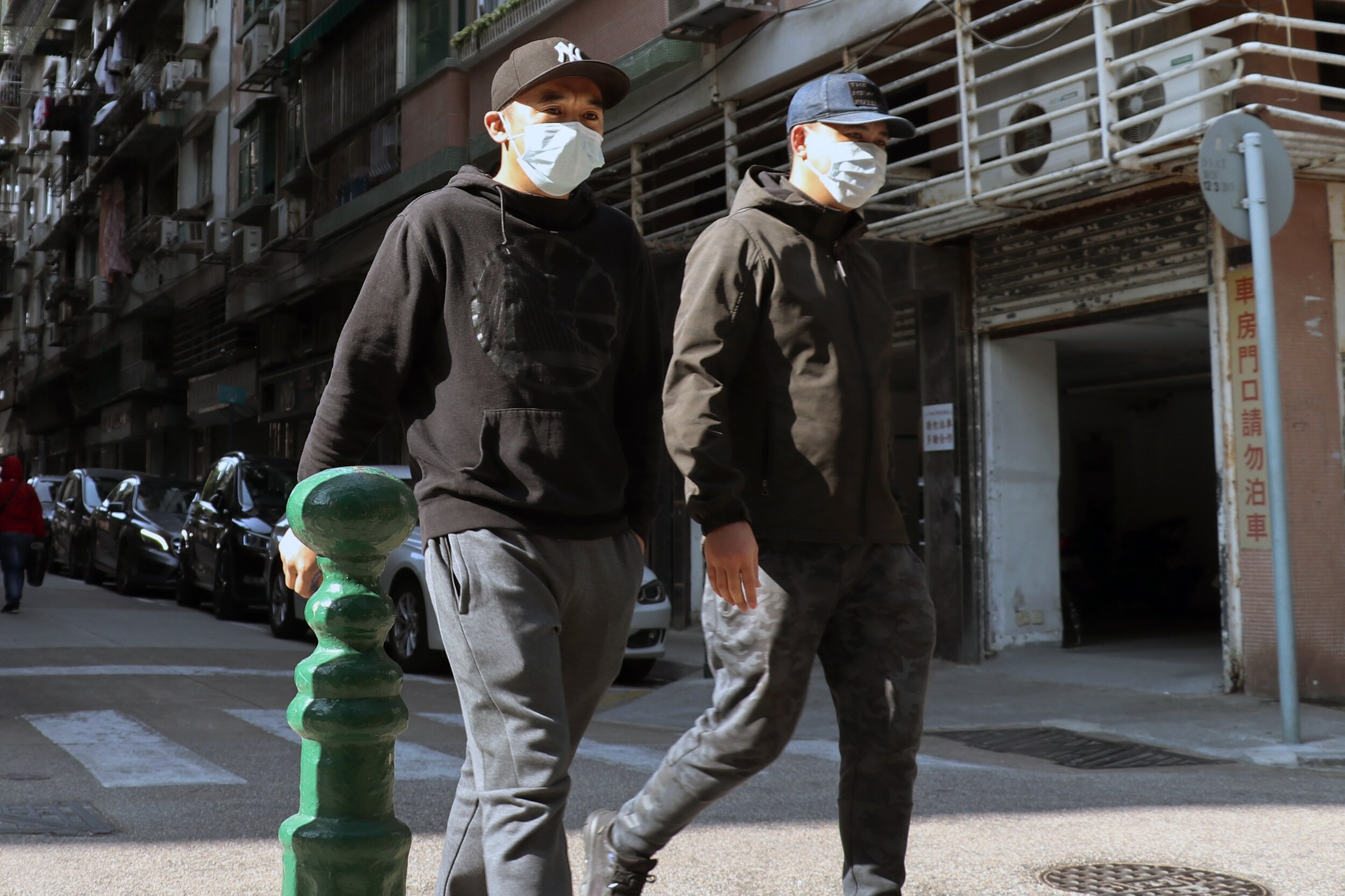Cities Battling With Air Pollution Suffer Worst Under Covid-19
The health damage caused by air pollution leads to at least 8m early deaths every year. These underlying health conditions make people more susceptible to respiratory infections such as coronavirus.
The COVID-19 pandemic that spread from Wuhan, China, and gradually reached all continents except Antarctica, has caused more than 8,000 deaths globally.
But experts are now issuing specific warnings for cities where air pollution levels have caused irreversible health damages to tens of thousands of people. This includes the world’s most polluted cities, Delhi, Beijing, and Jakarta, with a combined population of more than 50 million people.
“Patients with chronic lung and heart conditions caused or worsened by long-term exposure to air pollution are less able to fight off lung infections and more likely to die. This is likely also the case for Covid-19,” Sara De Matteis, at Cagliari University, Italy, and a member of the environmental health committee of the European Respiratory Society told the Guardian.
Researchers who analyzed previous outbreaks established similar links between air pollution and the diseases. In 2003, scientists who analyzed the Sars coronavirus outbreak in China concluded that city dwellers who lived in areas with more air pollution were twice as likely to die compared to people who lived in places with cleaner air.
“By lowering air pollution levels we can help the most vulnerable in their fight against this and any possible future pandemics,” Matteis said.
Interestingly, lockdowns and mandatory confinements in China and Italy, have already led to a decline in air pollution levels as fewer vehicles are driven and industrial emissions fall.
Thanks to Covid-19, canals in Venice are full of fish and satellite images show air pollution in China reduced, two perfect examples of how humans are the virus to this planet.
— Dr Jason Leong (@DrJasonLeong) March 17, 2020
An initial calculation by experts suggest that this change in air quality has prevented tens of thousands of premature deaths in China, far higher than the 3,208 coronavirus deaths in the country.
However, experts were also quick to point out that the coronavirus pandemic is still a tragedy and it’s far too early to conduct conclusive studies. For instance, they said, indirect health implications of the coronavirus, via lost income and lack of treatment for other illnesses, will also be significant.
An early research on Covid-19 also suggests that smokers and former smokers are more likely to contract the virus.
“Given what we know now, it is very likely that people who are exposed to more air pollution and who are smoking tobacco products are going to fare worse if infected with [Covid-19] than those who are breathing cleaner air, and who don’t smoke,” Aaron Bernstein, at the Harvard TH Chan School of Public Health told the Washington Post.
Northern Italy and China are both experiencing cleaner air after the outbreak. In the four weeksafter January 25, when regions shut down in response to the outbreak, the level of PM2.5, toxic pollution particles, fell by 25%, while nitrogen dioxide, produced mainly by diesel vehicles, dropped by 40% across China.
Sascha Marschang, the acting secretary general of the European Public Health Alliance, said: “Once this crisis is over, policymakers should speed up measures to get dirty vehicles off our roads,” the Guardian reported.
“Science tells us that epidemics like Covid-19 will occur with increasing frequency. So cleaning up the streets is a basic investment for a healthier future,” she said.
Photo by Macau Photo Agency on Unsplash

